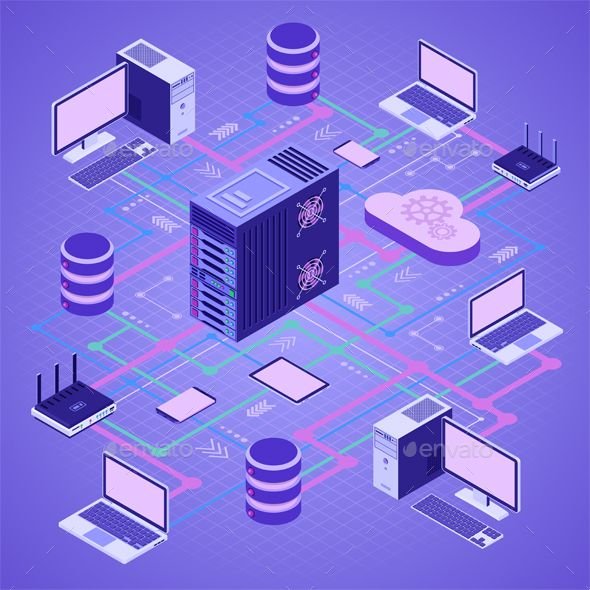Cybersecurity has emerged as a critical field in our increasingly digital world, where safeguarding data and systems from cyber threats is paramount. Careers in cybersecurity offer diverse opportunities for professionals with varying skills and interests. Let’s explore some of the prominent career paths in this dynamic field:
1. Cybersecurity Analyst:
- Role: Monitor networks for security breaches, conduct threat assessments, and implement security measures to protect an organization’s IT infrastructure.
- Skills Needed: Knowledge of security protocols, incident response, and proficiency in cybersecurity tools like SIEM (Security Information and Event Management) systems.
2. Ethical Hacker (Penetration Tester):
- Role: Employ penetration testing techniques to identify vulnerabilities in systems, networks, and applications before malicious hackers can exploit them.
- Skills Needed: Expertise in network protocols, programming languages, and ethical hacking tools. Certifications like CEH (Certified Ethical Hacker) are often required.
3. Security Architect:
- Role: Design and build secure IT systems and networks, incorporating cybersecurity best practices and ensuring compliance with industry regulations.
- Skills Needed: Strong understanding of IT infrastructure, encryption methods, and risk management. Experience with cloud security and enterprise architecture is beneficial.
4. Incident Responder:
- Role: Investigate cybersecurity incidents, analyze root causes, and develop response strategies to minimize damage and prevent future incidents.
- Skills Needed: Proficiency in forensic tools, incident handling procedures, and crisis management. Quick decision-making and communication skills are essential.
5. Security Consultant:
- Role: Provide advisory services to organizations on improving their cybersecurity posture, conducting risk assessments, and developing security policies.
- Skills Needed: Deep knowledge of cybersecurity frameworks, regulatory requirements (such as GDPR, HIPAA), and excellent consulting and communication skills.
6. Cryptographer:
- Role: Develop cryptographic algorithms and protocols to secure data transmission and storage, ensuring confidentiality, integrity, and authenticity.
- Skills Needed: Strong mathematics and computer science background, expertise in cryptographic techniques, and knowledge of cybersecurity standards.
7. Security Operations Center (SOC) Analyst:
- Role: Monitor and analyze security incidents in real-time, triage alerts, and coordinate responses to ensure the continuous security of organizational systems.
- Skills Needed: Familiarity with SOC operations, threat intelligence platforms, and incident response frameworks. Ability to work under pressure and in shifts.
Conclusion:
In conclusion, cybersecurity offers a wide array of career options for individuals passionate about protecting digital assets and maintaining the integrity of information systems. Whether you’re inclined towards technical roles like penetration testing or prefer strategic positions such as security architecture and consulting, the field of cybersecurity continues to expand with opportunities for growth and specialization. Pursuing certifications and staying updated with evolving threats and technologies are key to thriving in this dynamic and vital industry.




